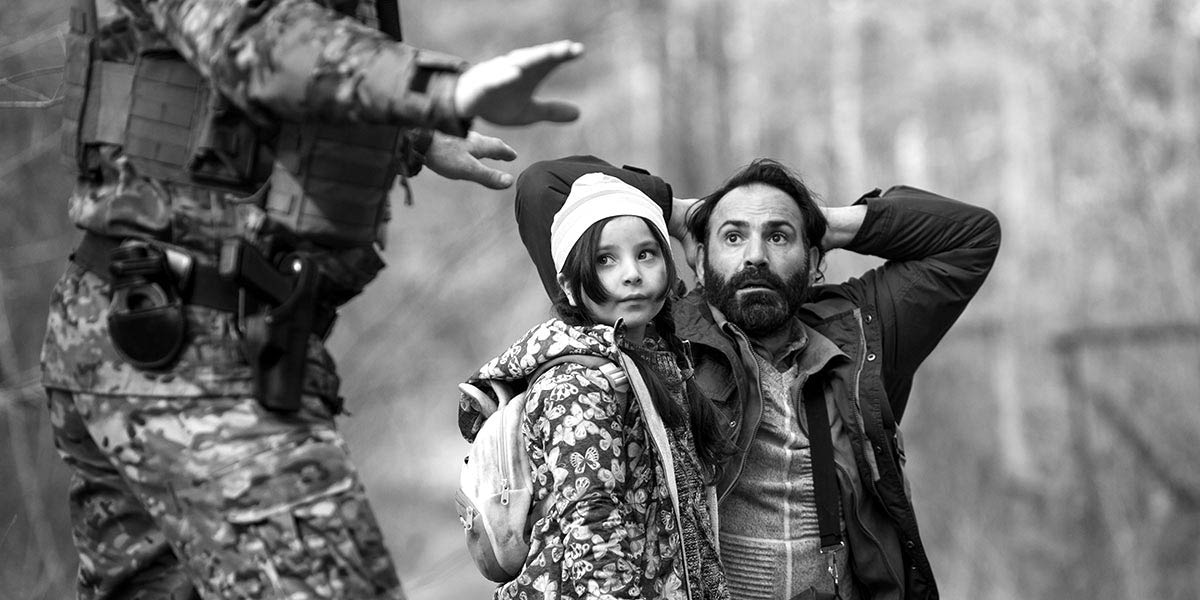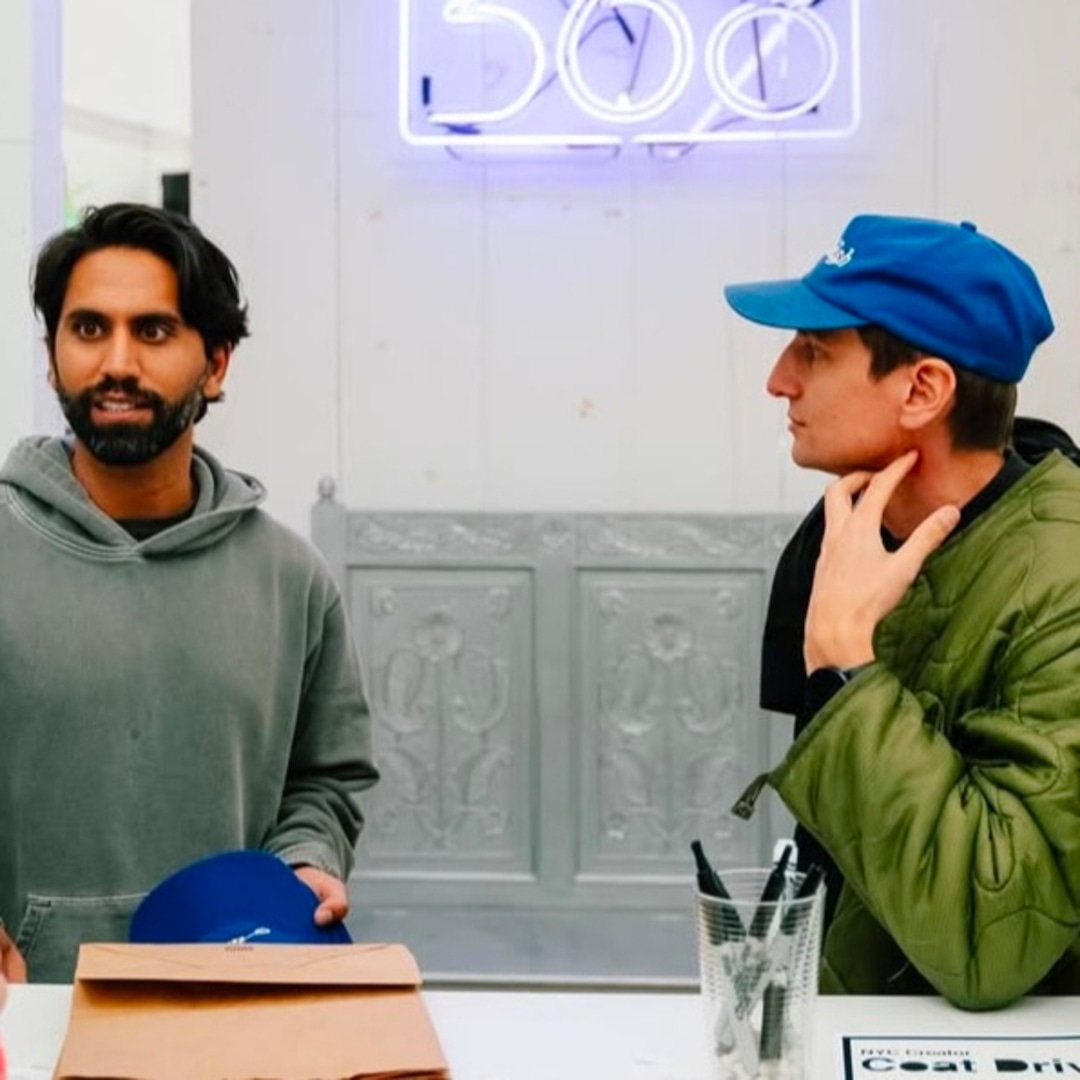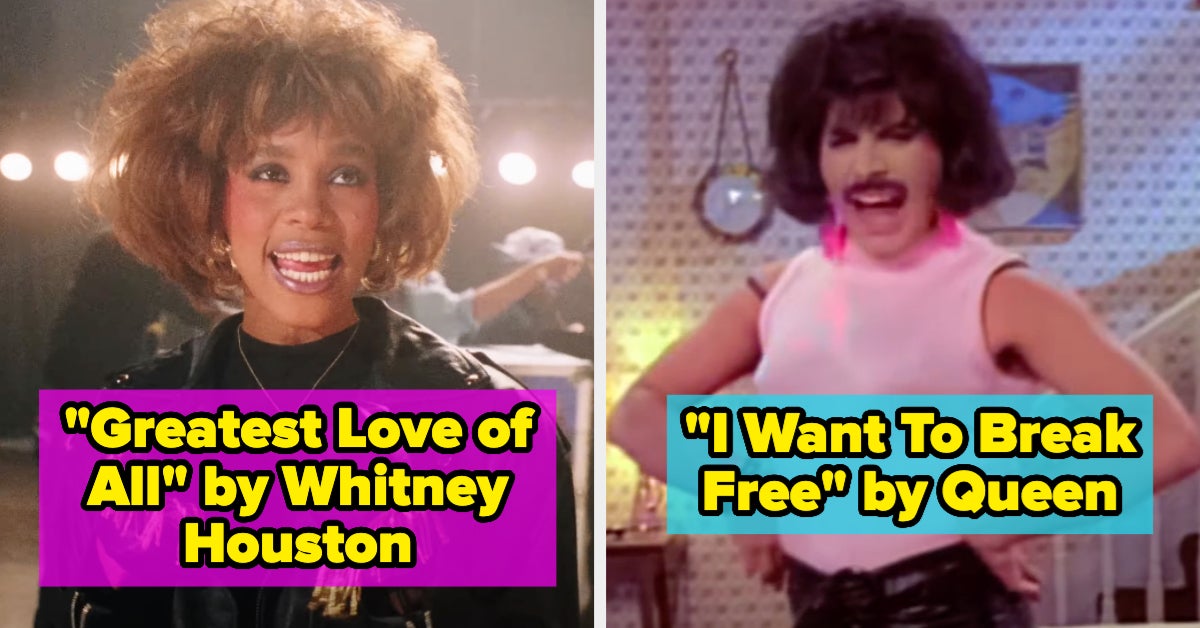
Agnieszka Holland Won’t Let You Turn A Blind Eye To Suffering In Devastating Refugee Drama [TIFF]
Sep 18, 2023
A family of Syrian refugees and an English teacher from Afghanistan receive about five minutes of joy in veteran Polish auteur Agnieszka Holland’s otherwise grim and harrowing refugee drama, “Green Border.” As they land in a plane to Belarus, hoping to cross into Poland and eventually Sweden for asylum where refugee status awaits, their eyes beam with optimism as a new land of promise reflects on their smiling faces. Instead, fleeing from violence, the Taliban, and other terrors, they unwittingly arrive in a different but similar land of aggression, caught in a divisive political maelstrom of torment where they are nothing more than political pawns.
READ MORE: Toronto International Film Festival 2023: 26 Must-See Films To Watch At TIFF
The nightmare they’re about to face is so distressing it almost merits a trigger warning about how much sorrow and cruelty you can bear. And Holland, a three-time Oscar nominee, in her unflinching heart-in-mouth drama, does not pull any punches with the unending ordeal they will experience and the agonizing horrors you, the viewer, will endure.
The setting is 2021, seven years after the immigration catastrophe enveloped Europe, and the backdrop is the “death zone,” the Polish-Belarusian border, where the humanitarian crisis is still ongoing. Belarus’ authoritarian President, Alyaksandr Lukashenka, known as Europe’s “last dictator,” has lured immigrants from the Middle East and Africa with propaganda and promises of safe passage into Europe. Tragically, the subterfuge lacks benevolence, instead a means to antagonize the EU and overload European resettlement programs. As a massive influx of refugees heads to the “green border” exclusion zone —a treacherous and swampy timberland sandwiched between these two opposing nations— émigrés are treated like refuse and caged animals. Belarus ushers them into Poland despite the dangerous barb-wire fences they are building to keep them out, and Poland’s soldiers toss them back like unwanted trash in this heartless game of political football.
In this hellish purgatory—the sounds of wailing babies and anguished sobbing nearly acting as the movie’s soundtrack—the aforementioned family (Jalal Altawil, Maja Ostaszewska, Behi Djanati Atai, Mohamad Al Rashi, and Dalia Naous comprise the main cast) are trapped in this terrifying back and forth. Demonized by the Polish government and its propaganda that paints them as invading caravaners, they freeze, starve, and sustain significant injury while their children suffer painful trauma and a litany of indignities.
The film is divided into different chapters and perspectives: ruthless and indifferent border guards, overworked activists risking their lives, and underfunded humanitarian aid workers, on top of the in-limbo expatriates. While all the soldiers are portrayed as callous, one of these viewpoints looks at a sentry with a pregnant wife (Tomasz Włosok), the one combatant depiction of decency. He grapples with his duty vs. his remorse and culpability, the rare soul struggling with the anguish his army and government are inflicting.
Thirty years after “Europa Europa,” Holland’s masterwork and WWII drama film about a German-Jewish boy who escaped the Holocaust by masquerading as a Nazi and joining the Hitler Youth, the filmmaker returns to the larger concept of Europe as an inhumane, sadistic place that has lost its way. Regressing from its post-WWII idealism, receding to the heartlessness and lack of human rights the continent once naively believed it had left behind, Holland’s Europe has returned to an age of unforgiving brutality.
At 74 years of age, the penetrating director has not lost one step. Shot in her blunt, razor-sharp, dispassionate, but immersive style—very little use of music or cinematic embellishment—much of this unpitying malice is unbearable and hard to watch (one scene where an unconscious child drowns might be your breaking point). So unsettling in its realism, one often has to remind themselves the incisive portrait is not a documentary but a movie. Yet, so chillingly real, so frightening, and littered with moral failures from ordinary people at every step, it’s easy to forget this lack of empathy exists (“Honestly, I’m not sure If I’m a human anymore,” one victim cries in anguish at one point).
In this traumatic, urgent drama, shot in crisp black and white—reflecting the polarized intolerance of the situation— Holland does for refugee violence and upheaval what Paul Greengrass did for ‘Bourne’ super soldier heroism, dropping you in the middle of the action and makes you feel like you are a witness to it in visceral real-time. Sometimes, the film takes on the tone of a nerve-wracking survival thriller, but make no mistake, there are no thrills to be found here.
If the often-grueling drama has one downside, it’s its length. It’s an important story that we should bear witness to—clearly, Holland aims never to let the viewer avert their gaze— but at an arduous two-and-a-half hours long, the punishing experience often feels unrelenting. And that’s purposeful but still exhausting.
Ultimately, while Holland is too exacting to be sentimental or too wise to show her emotional cards, “Green Border” is an angry and sobering condemnation of Europe’s decayed and rotten morality. Mercifully, it ends with a hopeful epilogue— and a less hostile twenty minutes before that, even demonstrating brief notes of unusual compassion— noting how Poland welcomed 300,000 Ukrainian refugees into its borders after the Russian invasion. But the message is loud and clear. Our collective humanity is on the line, and if we don’t fix our hearts, and quickly, eternity’s damnation will haunt us forever.
Holland has made a righteous, masterful work, arguably her best since “Europa Europa,” but it’s not for the faint of heart or those inclined to turn a blind eye to suffering. And again, that’s the point. In the end, it could be argued that “Green Border” is about legacy. The filmmaker of unwavering moral clarity forces us to watch speaks to our conscience and challenges us to reflect on our humanity and how we want history to remember us in a way not too dissimilar to WWII. Will we stand idly by apathetically, hold a weapon at the ready to inflict pain if ordered, or open our hearts to those in need? The answer is instantly clear in Holland’s trenchant film, despite a world where the questions still seem unthinkably up for debate. [B+]
Follow along with all our coverage of the 2023 Toronto International Film Festival.
Publisher: Source link
Mandy Moore Shares She’s Unsure If Her Home Survived
California Fires: Mandy Moore Shares She's Unsure If Her Home Survived On Tuesday, Mandy shared on her Instagram story that she, her children, and her pets left their home and were safe. "Evacuated and safe with kids, dog and cats.…
Jan 13, 2025
YouTubers Colin, Samir Lose Homes to L.A. Fire as Wives Are Pregnant
Angelina Jolie, Halle Berry, Jamie Lee Curtis & More Stars Are Giving Back Amid LA FiresYouTubers Colin Rosenblum and Samir Chaudry are opening up about their heartbreaking situations. The duo, otherwise known on the platform as Colin and Samir, recently…
Jan 13, 2025
These Are '80s Songs That Gen X'ers And Old Millennials Grew Up On, And There Is No Way Anyone Under 27 Has Heard All Of These
And if you are over 40, then you probably remember when these were brand-new and not songs kids are discovering on TikTok.View Entire Post › Disclaimer: This story is auto-aggregated by a computer program and has not been created or…
Jan 12, 2025
Tom Holland Asked Zendaya’s Dad for Permission Before Proposing
Tom Holland wove the perfect engagement for Zendaya. Less than a week after the Spider-Man actress debuted a 5-carat diamond ring on her left ring finger at the 2025 Golden Globes, Tom's father Dominic Holland confirmed the couple's engagement, sharing a few parts about the special day, including one important detail.…
Jan 12, 2025











